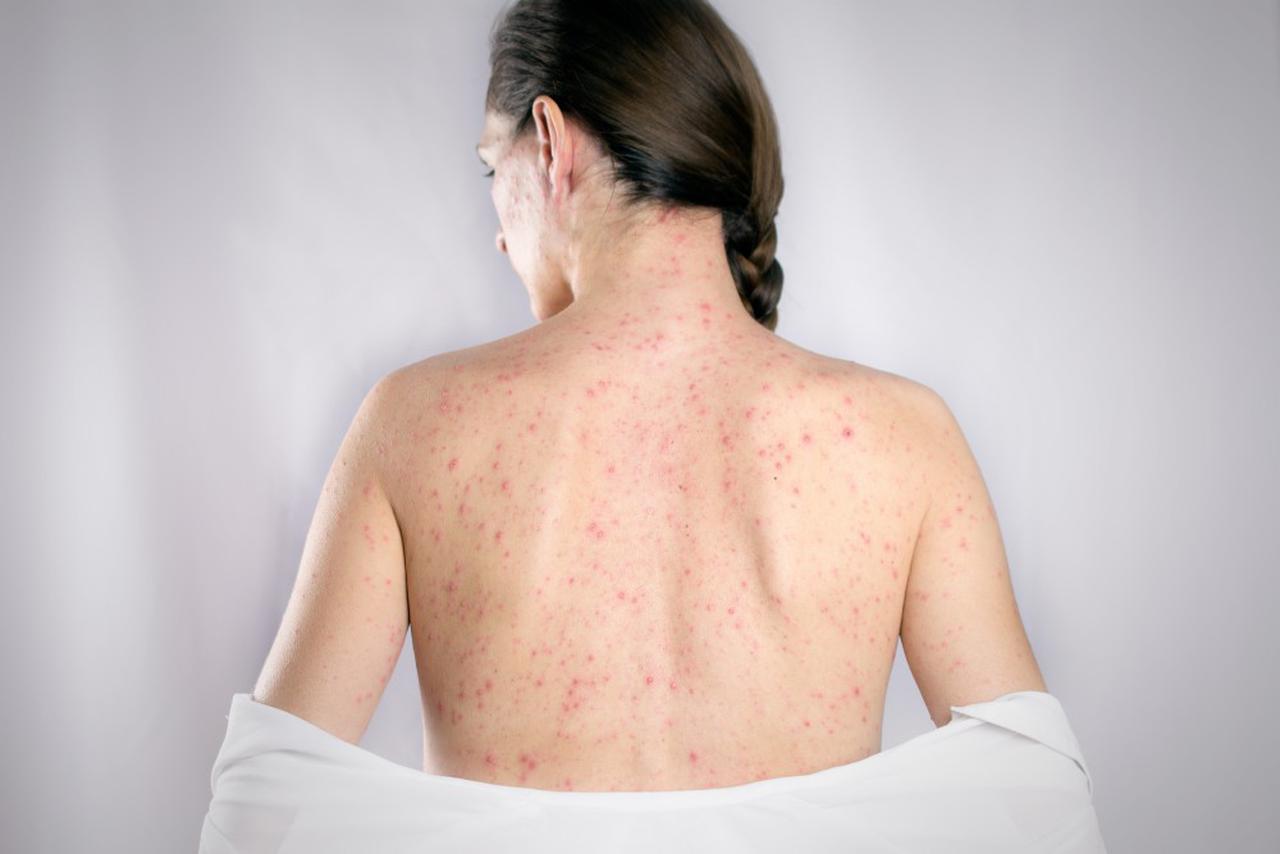Eczema is an umbrella term for a group of skin conditions that cause itchy, red, inflamed skin, and certain substances or environmental factors can make those symptoms worse. In this blog, we cover five common triggers and how to avoid them.
Did you know there are many different types of eczema? More than 31 million Americans have some form of eczema, and regardless of which type you have, there’s no denying that eczema is a nuisance. This skin condition can cause itchy bumps, leathery patches of skin, oozing sores, blisters, and unbelievable itching. You can reduce your eczema outbreaks by avoiding your triggers.
Not sure what your triggers are? Dr. Ilya Lim and the team here at the Institute of Dermatology & Oculoplastic Surgery offer comprehensive eczema care, which includes helping you identify your triggers. Below, we take a peek at five of the most common eczema triggers.
1. Food and environmental allergens
Did you know that eczema and allergies are related? People with eczema are more likely to have allergies, and as many as 15% of children with atopic dermatitis (a type of eczema) also develop food allergies. That being said, you don’t have to have allergies to have eczema. Even food sensitivities can exacerbate eczema flare-ups.
Some of the common food triggers for eczema include sugar, gluten, soy, fish, and eggs. Environmental substances 一 mold, dust mites, and pet dander 一 can also make eczema worse.
A comprehensive exam and testing can determine if you’re allergic to any of these substances. Avoiding those triggers can help you manage your eczema.
2. Skin irritants
Certain substances can cause eczema flare-ups on contact. Some of the most common triggers in this category include laundry detergent, household cleaners, metal (especially nickel), fragrances (in lotion and perfume), and soap. Where your eczema patches are located can help you figure out if chemical irritants bother your eczema. For example, if nickel is a trigger for you, you might notice eczema patches anywhere nickel touches your skin (e.g., earrings, necklaces, or even metal buttons or snaps).
If you have sensitive skin, you may also find that the salt in your sweat can trigger eczema symptoms. Even drool can make eczema seem worse, which is why babies who have eczema tend to have eczema patches on their cheeks or chin when they’re teething (and drooling more).
3. Stress
Stress isn’t just harmful to your mental wellness. Chronic, unmanaged stress can also affect your physical body, and that includes your skin. Stress increases cortisol, your stress hormone, and that can make your skin more oily. Unfortunately, too much can trigger eczema if you’re already prone to it. You can’t always avoid stress, but it’s important to do what you can to manage it. This includes exercise (which helps lower cortisol), deep breathing, and getting enough sleep.
4. Low humidity
Low humidity means there’s less moisture in the air, but dry air can also extract moisture from your skin. Dry, itchy skin makes eczema symptoms worse. If your eczema is worse in winter (when humidity is at its lowest), dry air might be one of your triggers.
5. The weather
Low humidity isn’t the only weather condition that impacts your skin. Some people may find that extremes 一 either too hot or too cold 一 trigger eczema. Keep track of your symptoms and jot down potential trends you notice. This can help you learn to identify your triggers.
Making new habits based on your triggers
Once you learn which triggers affect your skin the most, you can create an action plan to manage your symptoms. Depending on your symptoms, you might:
- Adjust the humidity level in your house
- Focus on adequate hydration
- Use a gentle, eczema-safe moisturizer
- Wear sweatbands or wipe away sweat while exercising
- Replace your body care products with gentle, non-scented formulas
- Swap out scented hand soap for a fragrance-free version
- Wear gloves when using household cleaners or washing the dishes
While these strategies can help you reduce your flare-ups, you might still struggle with a flare-up from time to time. If you spot the signs of an eczema flare-up, don’t hesitate to reach out to us. Topical corticosteroid creams, oral corticosteroids, and/or light therapy can help get your flare-up under control.
If you’d like to learn more about eczema treatment options or if you need help identifying your personal eczema triggers, book an appointment at the Institute of Dermatology & Oculoplastic Surgery here in Sarasota, Florida.

